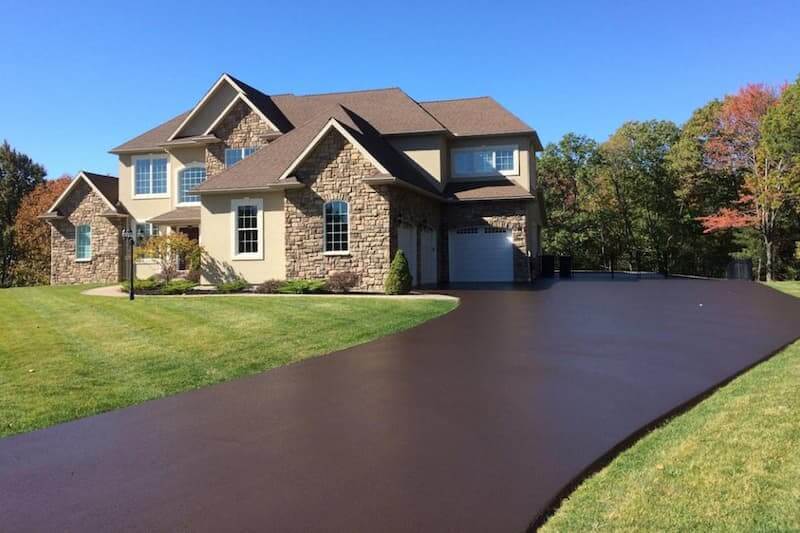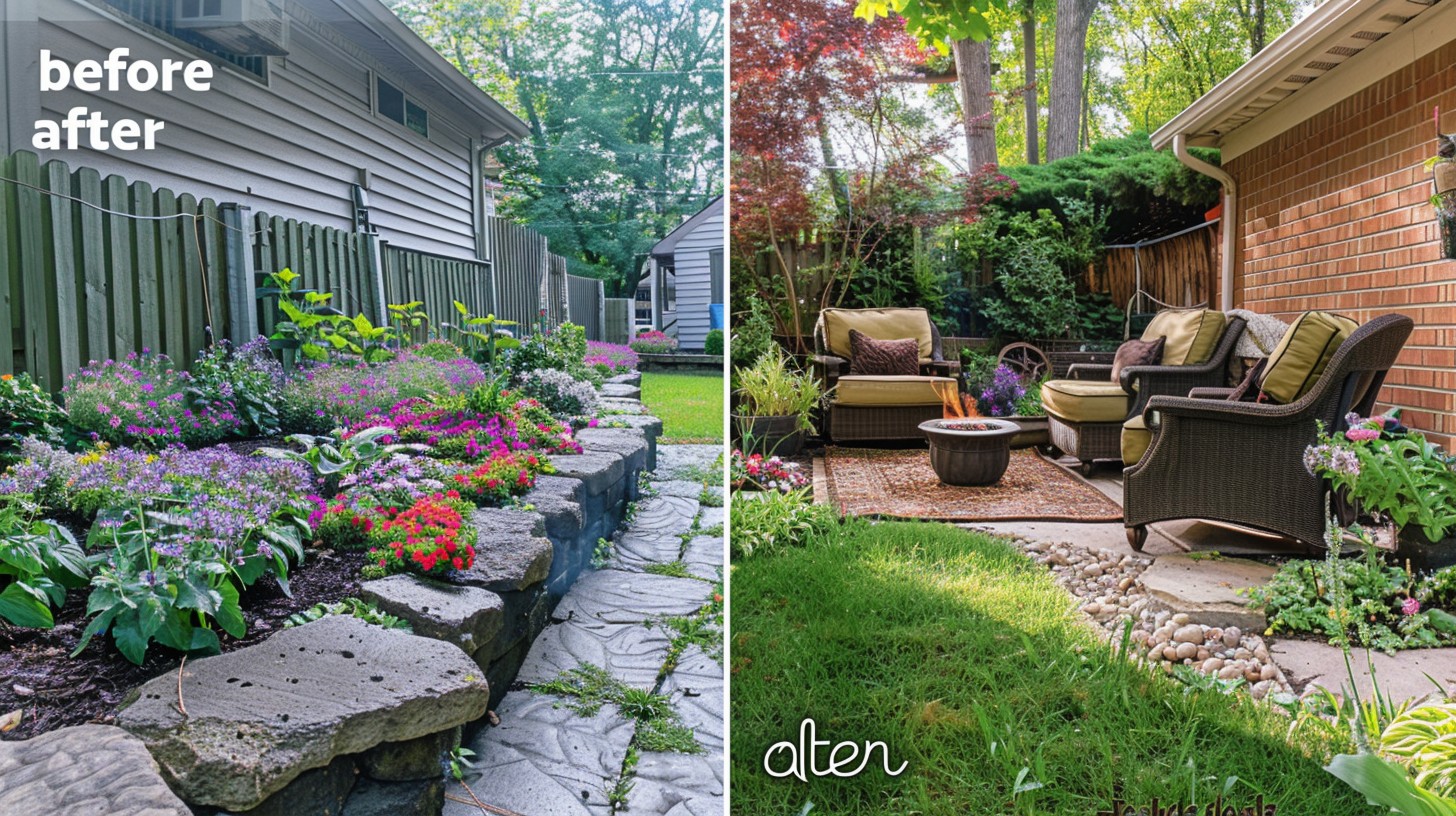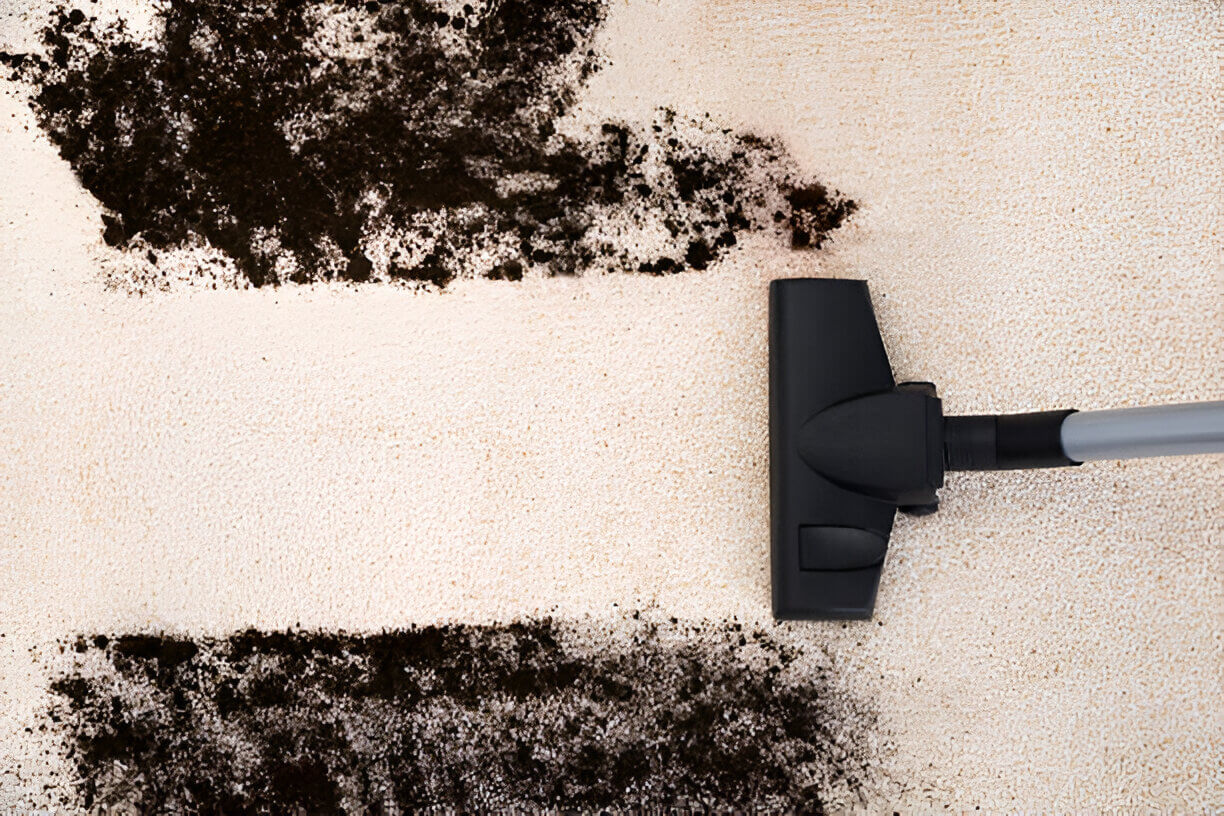Asphalt sealcoating is a protective layer applied to asphalt surfaces in Austin, Texas, to extend their lifespan and enhance their appearance. This process involves the application of a liquid sealant, typically made of a coal tar or asphalt emulsion, onto the surface of the asphalt pavement. The sealant forms a protective barrier, shielding the asphalt from harmful elements such as UV rays, water, oil, and other chemicals. This article will delve into the benefits, process, and considerations of asphalt sealcoating in Austin, Texas.
Protection
The primary benefit of sealcoating is its ability to protect the asphalt from the damaging effects of the sun’s UV rays. Austin’s climate features hot summers and ample sunshine, which can cause the asphalt to oxidize and become brittle over time. Sealcoating acts as a barrier, preventing UV rays from penetrating the asphalt and reducing the risk of cracks and deterioration.
Waterproof
Sealcoating also provides a waterproofing effect, preventing water from seeping into the asphalt. This is particularly important in Austin, where heavy rain and occasional flooding are common. Water infiltration can lead to the weakening of the asphalt’s subbase, resulting in potholes and other structural issues. By sealing the surface, water is repelled, reducing the risk of damage caused by water penetration.
Resists
Another advantage of sealcoating is its ability to resist oil and chemical spills. Austin’s roads and parking lots are often subjected to vehicle traffic, which can result in oil leaks and spills. These substances can penetrate the asphalt, causing it to soften and deteriorate. Sealcoating creates a protective layer that resists oil and chemical penetration, making it easier to clean and preventing damage to the asphalt.
Enhances the Appearance
In addition to its protective properties, sealcoating also enhances the appearance of asphalt surfaces. Over time, asphalt can fade and lose its original black color due to exposure to sunlight and other environmental factors. Sealcoating restores the rich black color, giving the asphalt a fresh and well-maintained look. This can significantly improve the curb appeal of residential driveways, commercial parking lots, and other asphalt surfaces in Austin.
Process of Asphalt Sealcoating
The process of asphalt sealcoating involves several steps. Firstly, the surface must be thoroughly cleaned to remove any dirt, debris, oil stains, or vegetation. This can be achieved through power washing or mechanical sweeping. Next, any cracks or potholes should be repaired to ensure a smooth and even surface. Filling these imperfections helps to prevent further damage and ensures a more effective sealcoating application.
Once the surface is clean and repaired, the sealcoating material is applied. This is typically done using specialized equipment, such as a spray system or a squeegee. The sealant is spread evenly across the asphalt, ensuring complete coverage. It is essential to follow manufacturer guidelines and industry best practices to achieve a consistent and durable sealcoating.
After the sealcoating is applied, it needs time to cure and harden. This process typically takes 24-48 hours, depending on weather conditions such as temperature and humidity. It is crucial to avoid traffic or any other activities that may damage or disturb the freshly applied sealcoating during this curing period.
When considering asphalt sealcoating, there are a few important factors to keep in mind. Firstly, timing is essential. It is recommended to sealcoat asphalt surfaces every 3-5 years, depending on factors such as climate, traffic, and the condition of the pavement. Regular inspections should be conducted to determine when sealcoating is necessary.
Choosing the right sealcoating material is also crucial. Both coal tar and asphalt emulsion sealants are commonly used, each with its advantages and disadvantages. Consulting with professionals in the field can help determine the most suitable sealant for specific asphalt surfaces in Austin.
In conclusion, asphalt sealcoating is a valuable maintenance practice for preserving and enhancing asphalt surfaces.







